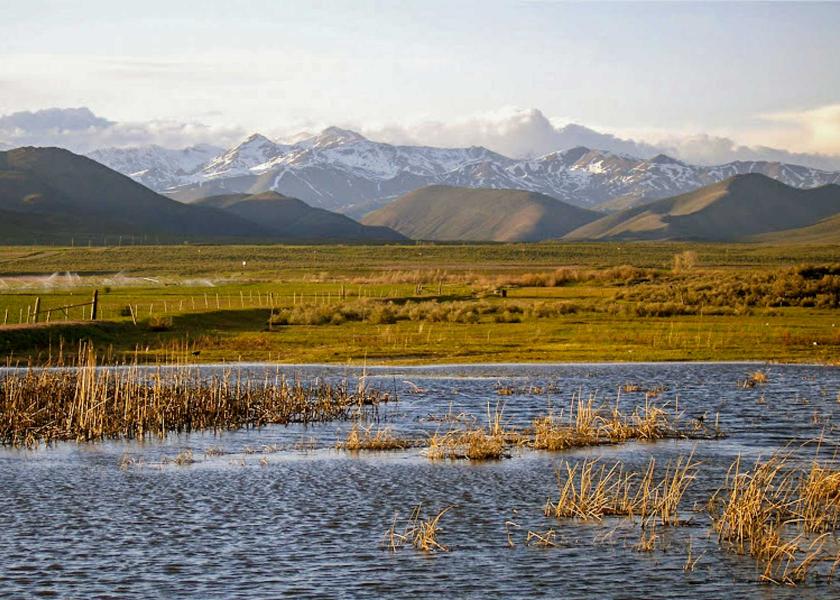Ag Stakeholders Urge the EPA to Pause WOTUS Rewrite

In November 2021, the U.S. Environmental Protection Agency (EPA) announced plans to erase Trump-era Waters of the U.S. (WOTUS) rules with the intention of restoring the pre-2015 regulatory definition of WOTUS.
Following the EPA’s announcement, many lawmakers and agricultural industry leaders expressed concerns for the proposed transitions in WOTUS definitions.
WOTUS chatter has continued in 2022, gaining traction this month as the Supreme Court recently agreed to take on two high-profile environmental cases this term.
Fifty republican senators a letter to EPA Administrator Michael Regan and Assistant Secretary Michael Connor, requesting the agency suspend their work in redefining WOTUS until the Supreme Court has made a ruling in the Sackett v. EPA case, as the case could have “major implications” in the Clean Water Act.
In the letter, senators wrote that putting the attempted “land grab” on hold will provide time for stakeholders to consider the business implications of a WOTUS rewrite.
“These producers have an especially vested interest in responsible stewardship of their water and land, and they depend on precise, consistent, and durable regulations that can guide such activity,” the senators wrote. “Unfortunately, the proposed WOTUS rule falls short by each measure.”
Chris Eddington, National Corn Growers Association (NCGA) president, filed comments with the EPA to confirm his members are committed to “protecting water quality on their agricultural operations and downstream.” He wrote saying the NCGA doesn’t see drainage and water features that are distant from relatively permanent flowing tributaries as a case that needs to be handled under the Clean Water Act.
The Fertilizer Institute (TFI) President & CEO Corey Rosebush echoed Eddington’s remarks in a thorough letter to EPA, saying TFI members must plan years in advance to gather permits in accordance with the Clean Water Act, creating a dependence on regulatory predictability. He says the agency should postpone any rulemaking “to reduce duplicated efforts on behalf of the agencies and stakeholder communities, reduce regulatory whiplash, and increase the chances of a final definition being sustainable.”
House of Representatives Democrats from the Committee on Transportation and Infrastructure also wrote a letter to Regan and Connor. However, their writings outline the “critical” need for redefining WOTUS.
"Under the prior administration’s Navigable Waters Protection Rule (NWPR), now invalidated by two federal courts, streams and wetlands are ruled outside the protections of the Clean Water Act,” the Representatives wrote. “Strong federal clean water protections are also key to meeting the Biden administration’s, and EPA’s, commitments to environmental justice.”
The Supreme Court is expected hear Sackett v. EPA in October 2022, following summer break.
Read more:







